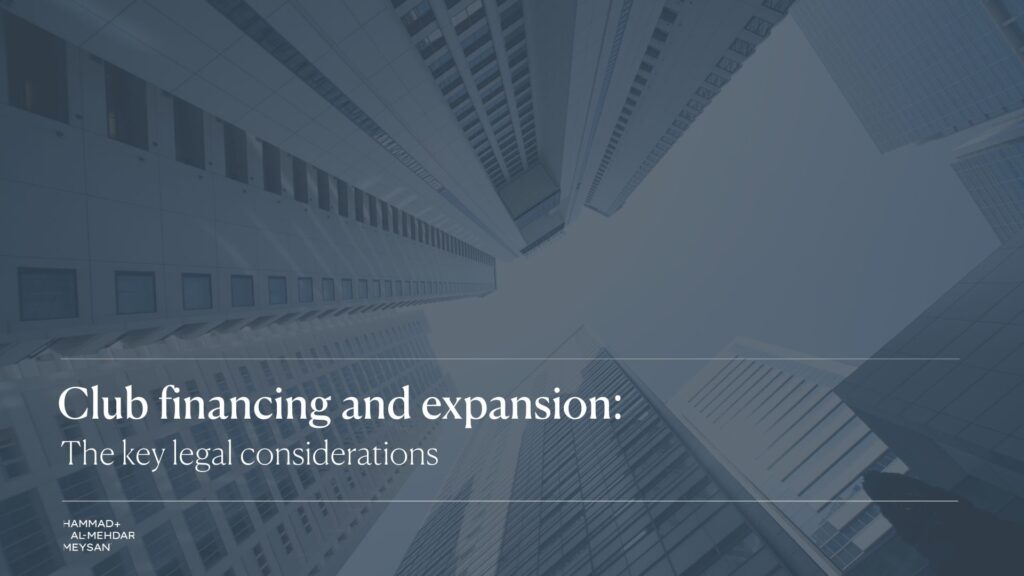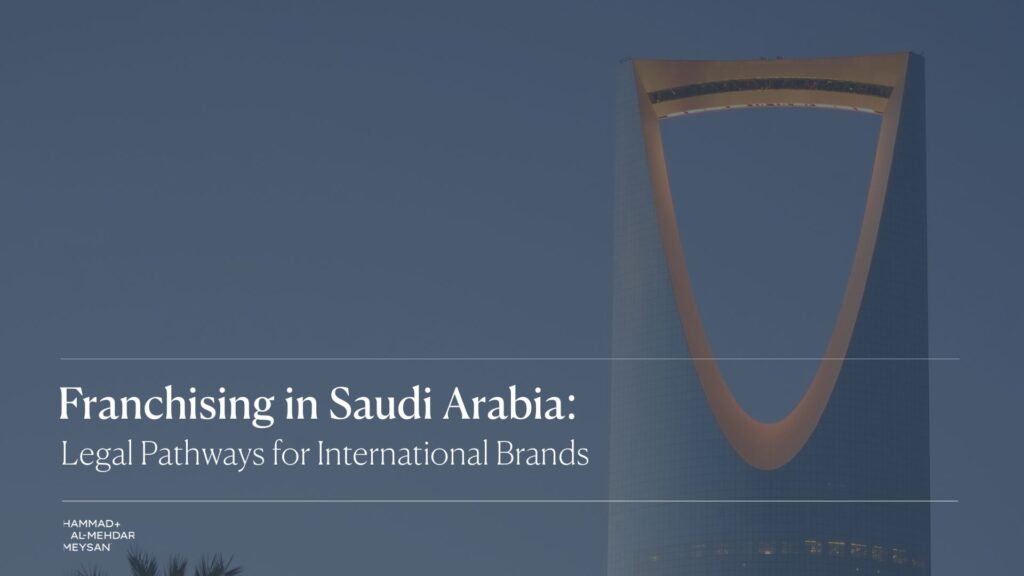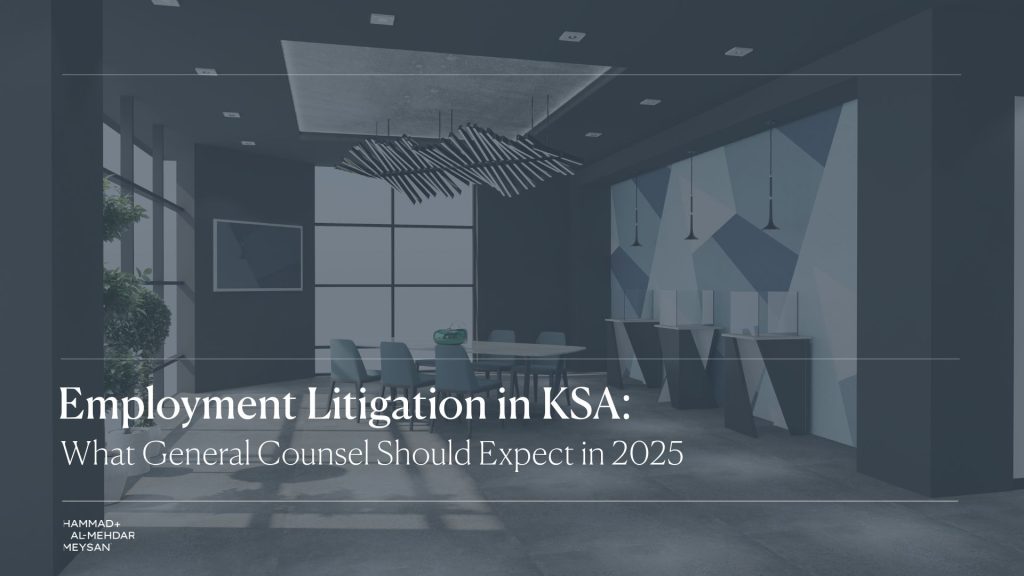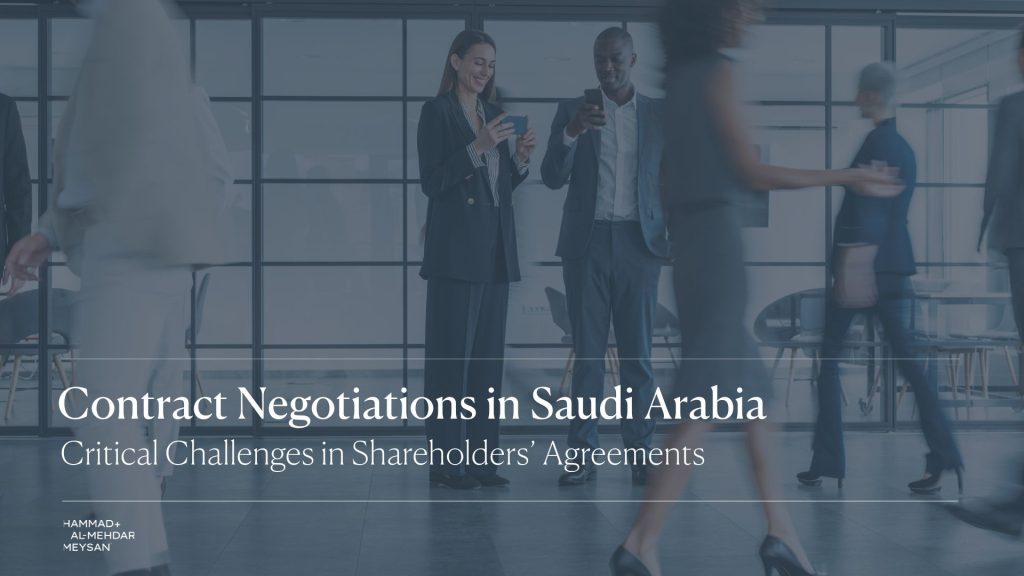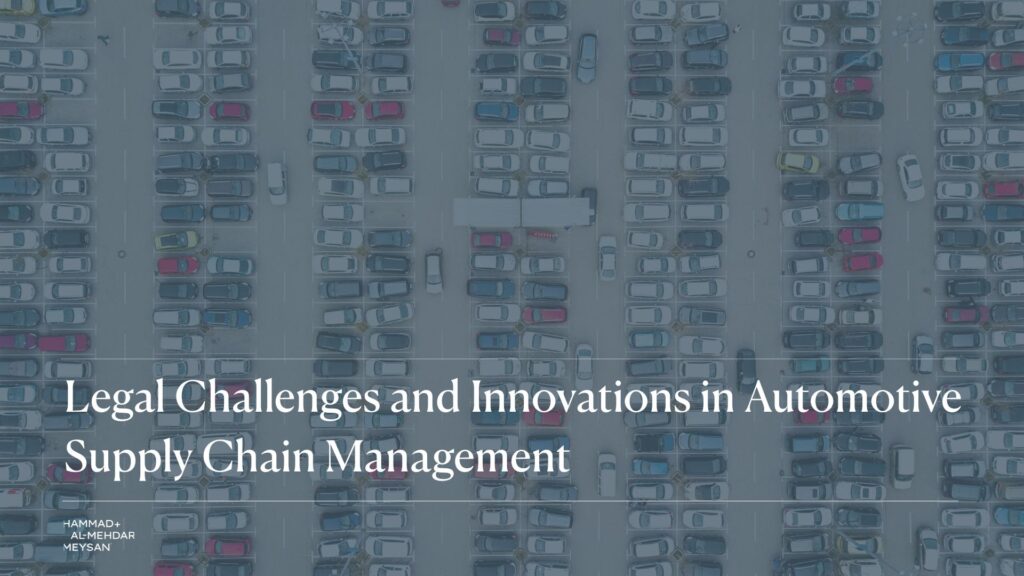
Automotive supply chain management has become one of the most legally complex areas of modern industrial operations. As global production networks extend across multiple jurisdictions, legal frameworks struggle to keep pace with commercial realities shaped by geopolitical shifts, digital transformation, sustainability requirements, and changing consumer expectations. Manufacturers, parts suppliers, logistics providers and distributors must navigate a range of legal challenges that affect how vehicles and components are sourced, produced, transported and sold. At the same time, innovations in contractual design, compliance systems and supply chain technology are helping businesses manage risk, meet legal obligations, and build resilient operations for the future.
One of the core legal challenges in automotive supply chains relates to contract governance and risk allocation. Traditional supply agreements are increasingly tested by volatility in material costs, fluctuations in shipping capacity, and unpredictable disruptions such as plant closures or regulatory changes. As a result, businesses are revising standard contractual provisions to provide greater clarity on responsibility for delays, shortages, and variations in production conditions. Well-drafted clauses on price adjustment, delivery obligations, and rights in the event of non-performance are now fundamental to sustainable supply chain relationships. Legal advisors focus on ensuring that contractual terms allocate risk in a way that balances commercial fairness with enforceability in courts or arbitration.
Regulatory compliance is another significant legal focus. Automotive products must meet safety, environmental, data protection, and trade standards set by authorities in the regions where they are sold. Differences between regulatory regimes in Europe, North America and Asia create compliance burdens for multinational manufacturers and their suppliers. For example, legal requirements on chemical components, emissions testing, and recycling obligations vary by jurisdiction and evolve frequently. To avoid penalties, recalls, and reputational damage, businesses are developing comprehensive compliance programmes that span internal audits, third-party monitoring, and advanced reporting systems. Legal teams play a vital role in tracking regulatory updates and integrating them into operational practices.
Trade and tariff issues add another layer of complexity. The automotive industry depends heavily on cross-border trade for parts and components. Changes in free trade agreements, tariff schedules, and customs procedures can materially affect cost structures and supply decisions. Legal specialists advise on preferential trade regimes, rules of origin, and customs classifications to optimise duty savings while ensuring compliance with international law. They also provide guidance on compliance with export controls and sanctions regimes, particularly when suppliers operate in regions affected by geopolitical tensions or evolving regulatory scrutiny.
Intellectual property law is increasingly important as the automotive sector embraces digitalisation. Modern vehicles incorporate advanced software systems, connectivity features and data processing capabilities. Collaborations with software developers and technology partners raise questions about ownership of intellectual property, licensing terms and protection against unauthorised use. Clear legal frameworks are necessary to safeguard proprietary innovations while enabling ecosystem collaboration. Agreements must address confidentiality, data rights and rights in inventions to support innovation and protect commercial interests.
Sustainability and environmental regulation have emerged as major drivers of legal change in automotive supply chain management. Governments and regulatory authorities are imposing standards on carbon emissions, resource efficiency, and waste management, requiring companies to reconfigure their supply chains to meet environmental goals. Legal teams support compliance with environmental due diligence obligations, extended producer responsibility frameworks and carbon reporting requirements. In parallel, contractual mechanisms that incentivise environmental performance among suppliers are becoming more common, reflecting the industry’s focus on sustainable sourcing and green procurement practices.
Another area where legal innovation is intersecting with supply chain management is digitalisation. Technologies such as blockchain, Internet of Things tracking, automated contract platforms, and predictive analytics provide greater visibility and operational control over supply chains. These tools raise legal issues concerning data protection, cybersecurity and jurisdictional control of information flows. Organisations must establish robust legal frameworks to govern data ownership, consent mechanisms, cross-border data transfers and liability for automated decision-making. Legal teams work closely with technology and operations functions to create governance structures that support both innovation and compliance.
Dispute resolution remains a critical legal challenge in automotive supply chains, particularly given the international nature of supplier networks and the potential for disagreements over quality, delivery or payment terms. Many organisations prefer alternative dispute resolution mechanisms such as arbitration or mediation, which offer neutrality and enforceability across jurisdictions. Effective dispute resolution provisions in contracts can preserve commercial relationships and provide structured pathways to resolve disagreements, minimising disruption to operations.
In response to these multifaceted challenges, the industry is developing innovative legal and commercial solutions. Standardised contracting templates, digital contract management systems and collaborative compliance platforms are gaining traction as tools to streamline legal processes and reduce friction. Cross-functional risk committees and integrated compliance frameworks help organisations identify and address legal issues earlier in the supply chain planning process. By embracing legal innovation, automotive companies are better equipped to manage risk, strengthen supply chain resilience and capitalise on opportunities in a rapidly changing global market.
Automotive supply chain management presents a broad spectrum of legal challenges that require careful navigation. From contract governance and regulatory compliance to intellectual property protection, trade issues, sustainability obligations, digital transformation and dispute resolution, effective legal strategies are central to operational success. By adopting innovative legal practices and technology-enabled solutions, businesses can enhance supply chain agility, protect value and build competitive advantage in a dynamic global environment.

